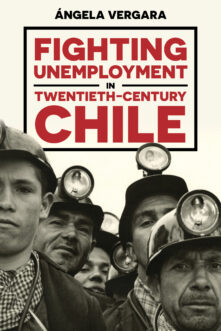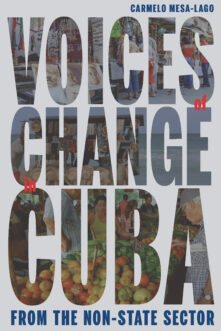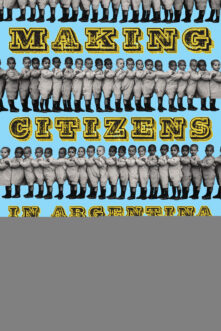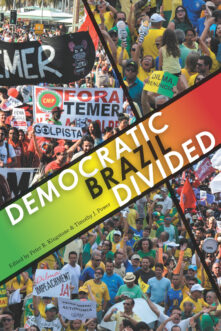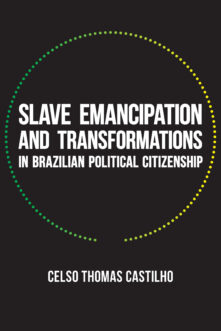Pitt Latin American Series
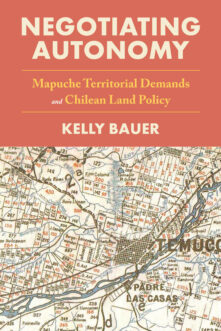

Negotiating Autonomy
Mapuche Territorial Demands and Chilean Land Policy
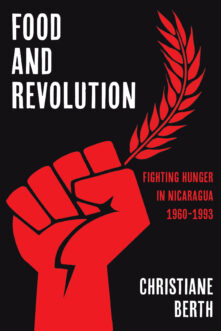

Food and Revolution
Fighting Hunger in Nicaragua, 1960-1993
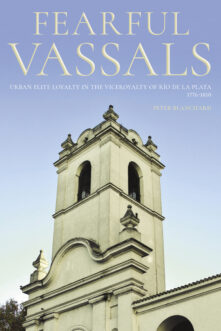

Fearful Vassals
Urban Elite Loyalty in the Viceroyalty of Río de la Plata, 1776-1810
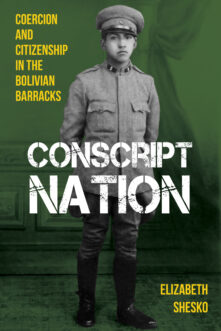

Conscript Nation
Coercion and Citizenship in the Bolivian Barracks


Destape
Sex, Democracy, and Freedom in Postdictatorial Argentina


Tough on Crime
The Rise of Punitive Populism in Latin America
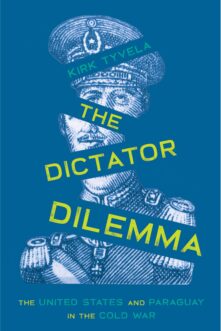

The Dictator Dilemma
The United States and Paraguay in the Cold War
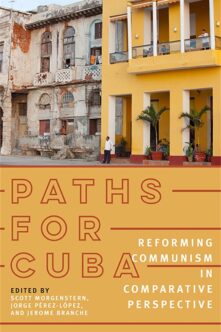

Paths for Cuba
Reforming Communism in Comparative Perspective


Politics in Uniform
Military Officers and Dictatorship in Brazil, 1960-80
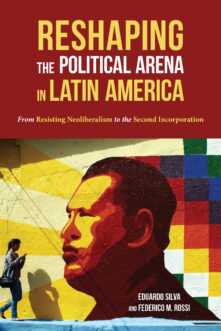

Reshaping the Political Arena in Latin America
From Resisting Neoliberalism to the Second Incorporation
Total 110 results found.


